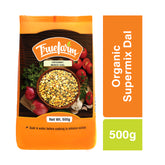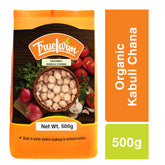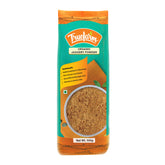Is Organic Food Really Better for the Environment?
Organic food has become increasingly popular over the years as consumers have become more aware of the potential benefits of eating organically produced food. One of the main claims made in favour of organic food is that it is better for the environment.
Organic food has become increasingly popular over the years as consumers have become more aware of the potential benefits of eating organically produced food. One of the main claims made in favour of organic food is that it is better for the environment.
➡️ One of the key benefits of organic farming is that it typically relies on natural methods to control pests and diseases, rather than synthetic pesticides and fertilisers. This can help to preserve soil health and biodiversity, as well as reduce the risk of contamination of nearby water sources.
➡️ Organic farming also tends to rely on crop rotation and other techniques to promote soil health and reduce erosion, which can help to maintain long-term soil fertility.
➡️ Organic farms typically use fewer fossil fuels and rely more on renewable energy sources, such as wind and solar power. This can help to reduce carbon emissions and mitigate the impacts of climate change.
➡️ By supporting small-scale farmers and local food systems, organic farming can help to create jobs and support rural communities. Organic farming also tends to prioritise animal welfare, which can be an important consideration for many consumers.
Truefarm’s organic products are produced keeping in mind all of the above factors. We not just look out for human welfare but animal empathy as well. If you’re someone who’s wanting to try out organic















